The most interesting innovators and start-ups of Australia
Meet the young Australians who want to replace meat production, and are creating new meats that have never existed on supermarket shelves before.
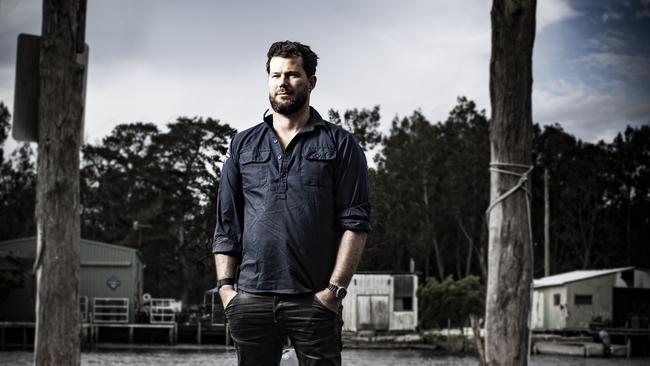
Australia is a nation of early adopters. With innovations as diverse as replacing plastics with a seaweed bioplastic alternative, Australia’s first cell-based meat company and bionic voice boxes, our entrepreneurs are working towards a common goal of propelling the country forward and inspiring the next generation. Amid the backdrop of a macroeconomic downturn and increasingly turbulent times, these are some of the best that feature in this years The list: Top Innovators 2023.
George Peppou and Tim Noakesmith, Vow co-founders
Vow is Australia’s first cell-based meat company looking to replace meat production with sustainable – and unique – alternatives.
Founded in 2019, and backed by high-profile venture capital firms Square Peg, Blackbird and Grok Ventures, Vow creates new meats from animal cells including those that have never existed on supermarket shelves before.
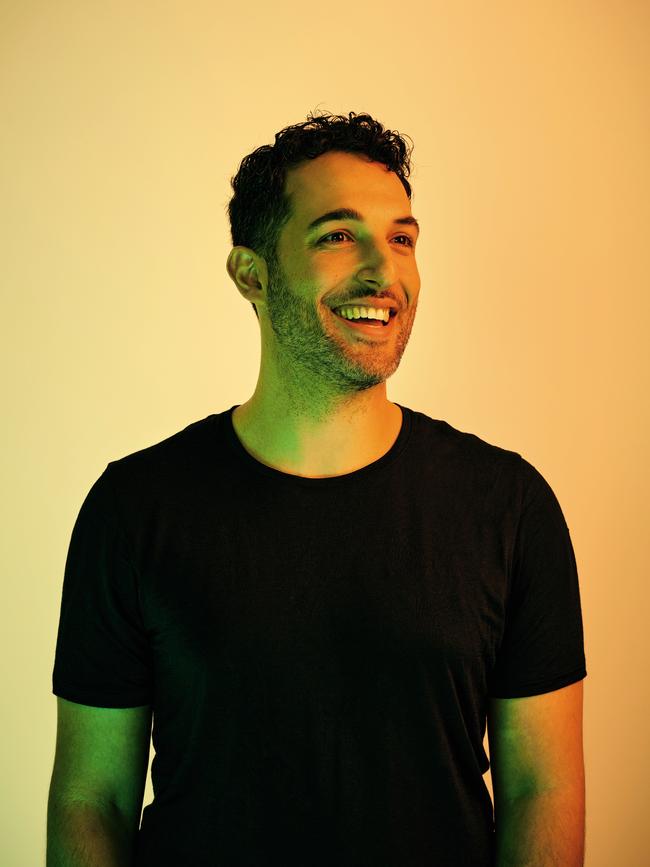
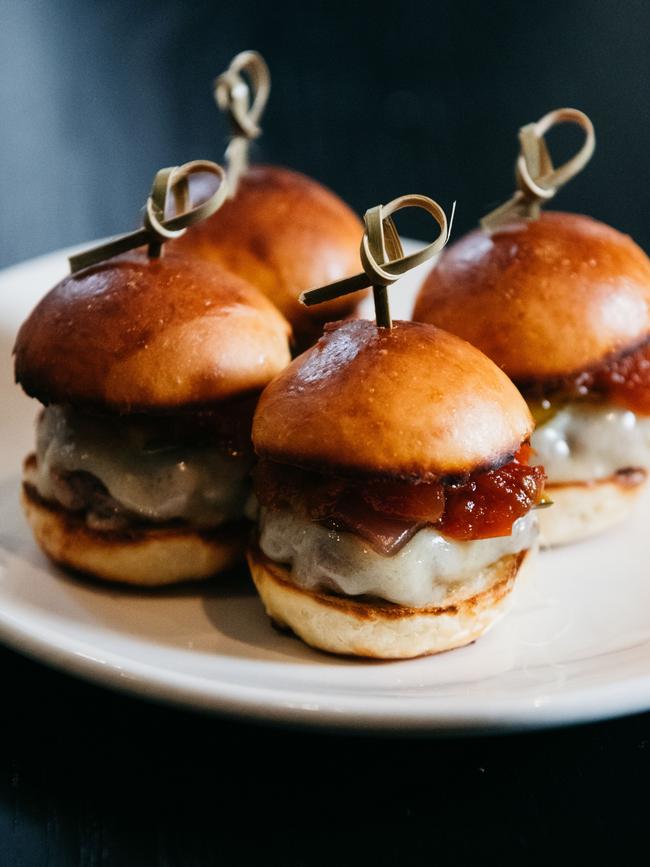
Think woolly mammoth meatballs, which made headlines when the startup premiered them in Amsterdam in March this year.
In 2022, Vow opened a new factory in inner Sydney, despite cell-based meat still being illegal in NSW, a regulatory hurdle the owners hope to overcome.
“Vow’s mission is to feed billions of humans,” says co-founder Tim Noakesmith.
“We want to change everyone’s conception of what meat is and what it can be.”
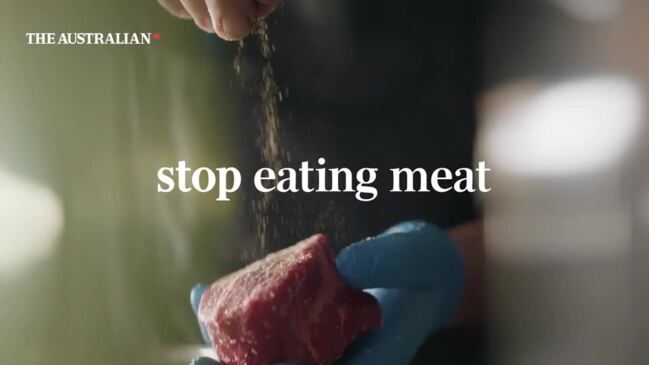
Ewan McAsh, Founder of Oceanfarmr
Ocean farming fintech Oceanfarmr was formed in 2017 by marine biologist and oyster farmer Ewan McAsh with the goal of “getting the farm out of the farmer’s head” and making farm management digital-ready.
Oceanfarmr has been dubbed the “Google Maps of the ocean”, offering an innovative app giving shellfish and seaweed farmers intelligent monitoring systems and geolocation technologies for their farms.
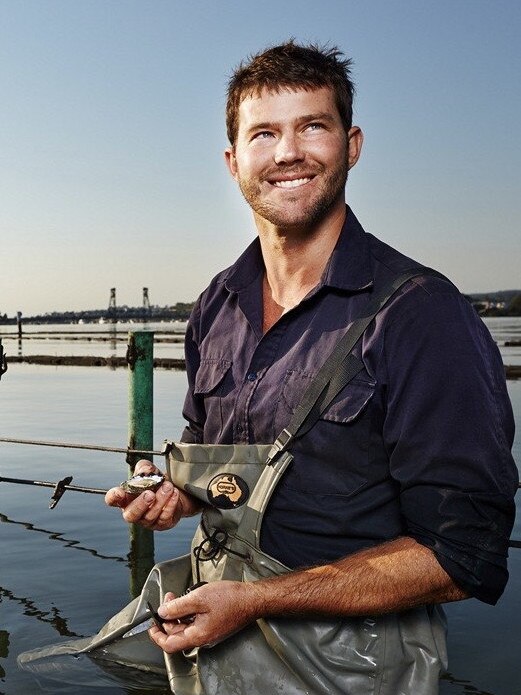
The startup secured $1.45m in funding in November last year led by Oslobased investor Katapult, which they’ll use to develop a “Farm to Buy” financing model for farmers.
“Oceanfarmr was built to revolutionise the aquaculture industry, and with this funding we will be able to accelerate our mission,” says McAsh.
Fionnuala Quin, Kelpy founder
Quin has brought together world-leading experts in her mission to replace environmentally harmful plastics with a seaweed bioplastic alternative.
Kelpy – a play on the name of the crucial seaweed kelp and the beloved Australian kelpie dog breed known for its work ethic and intelligence – has developed a process for turning seaweed into bioplastic pellets that can be used in existing plastic manufacturing machinery.
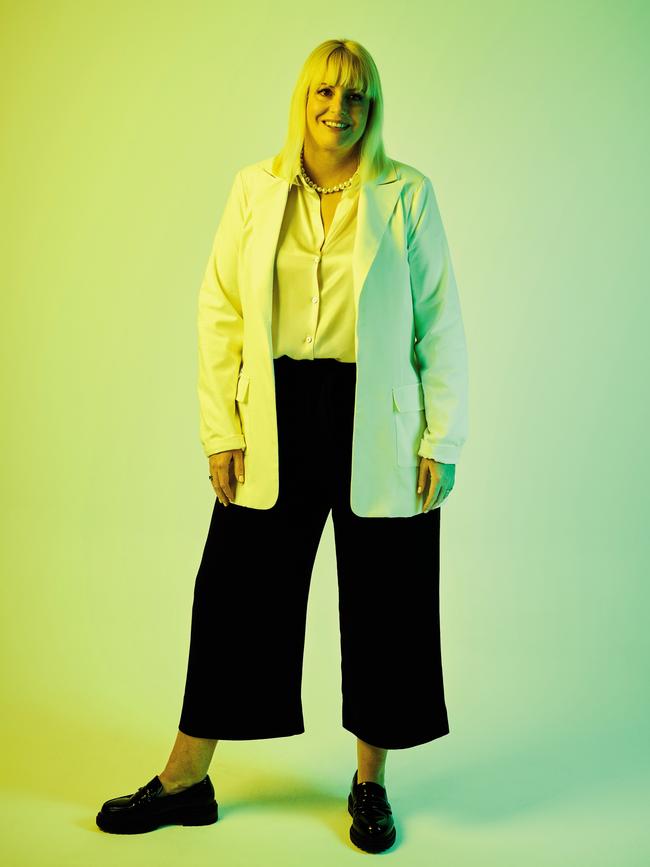
Kelpy has raised $150,000 through the Starmate Accelerator program and the NSW government’s MVP Ventures Program.
“Kelpy offers a regenerative solution that not only prevents harmful plastic from entering the ocean, but regenerates our oceans and the communities that rely on ocean crops for their economic survival,” says Quin.
Zac Leigh, Jason Webb and Denis Mysenko, Tixel co-founders
Zac Leigh dreamed up the idea for Tixel after being trapped outside a Tame Impala show, after he and co-founder Jason Webb had paid $400 for fraudulent tickets that didn’t scan at the door.
The pair did something about it, building a platform that uses a ticket’s digital footprint, including metadata and other characteristics, to ensure fans can sell and buy tickets with full confidence.
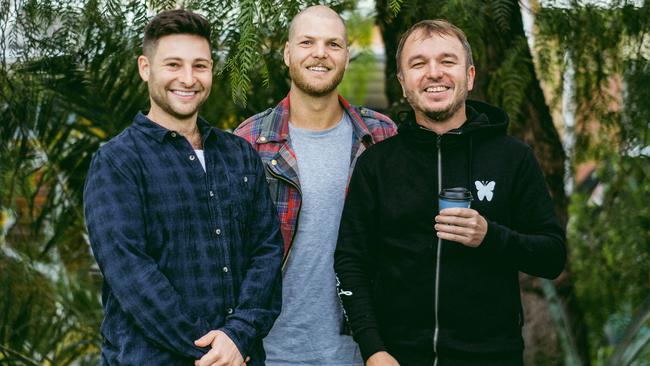
Tixel is now an integral part of Australia’s live music scene, giving customers, venues and artists peace of mind when buying and selling tickets, and has expanded to the Netherlands, UK, US and Japan.
On average, up to 30 per cent of tickets change hands in the lead-up to an event, and Tixel wants to be the facilitator when they do.
Dr Shafali Gupta and Andy Epifani, Uubipak founders
Uuvipak is a Brisbane-based foodtech startup producing edible single-use cups and bowls from flour by-products in a mission to reduce single-use plastics.”
So how does it taste? Like Weet-Bix, according to its founders.
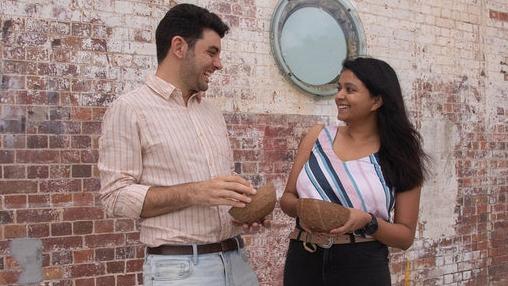
The product, produced by scientist Shafali Gupta and engineer Andy Epifani, is 100 per cent biodegradable, with coffee cups capable of holding hot beverages for up to 14 hours.
“Our aim is to provide sustainable alternatives for single-use plastics by upcycling food waste,” Gupta says.
“With a better understanding of how to deodorise this food waste, we can find smarter and cleaner ways to use it for products such as bowls, cups, forks and spoons.
Michelle Simmons, Silicon Quantum Computing founder
This former Australian of the Year closed one of the largest technology startup raises of the year in July.
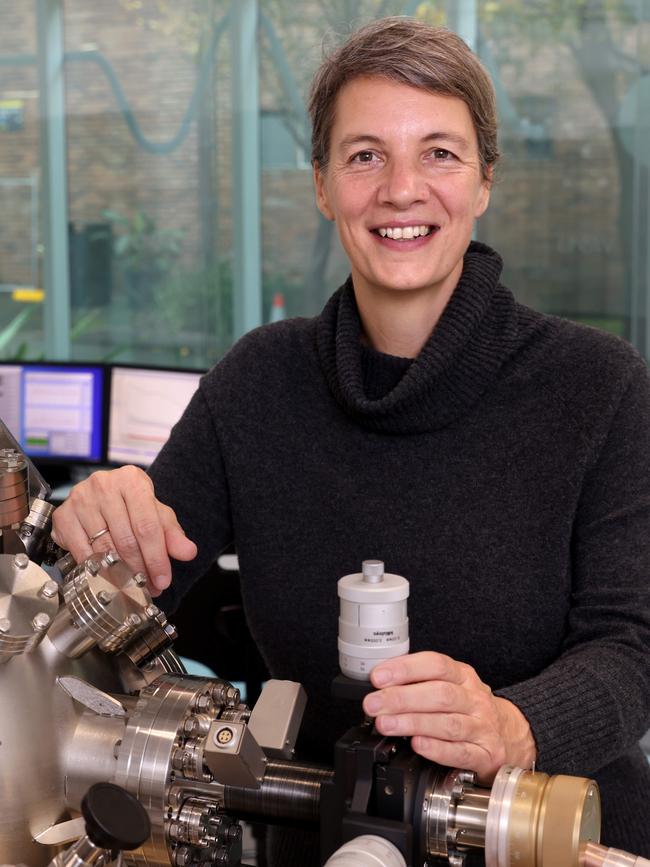
The firm pulled in $50.4m for her quantum computing firm Silicon Quantum Computing from investors including the Australian government, Telstra, UNSW and CBA as it races to build the world’s first commercial-scale, silicon-based quantum computer.
Her company has grown from humble labs in the University of NSW into a hardware manufacturing hub for the quantum computing industry globally.
Anthony Broese van Groenou, Anton Vikstrom and Sam Whitehead, The Good Car Company co-founders
The Good Car Company is a Tasmania-based social enterprise founded by three environmental scientists to accelerate the uptake of electric vehicles across the country.
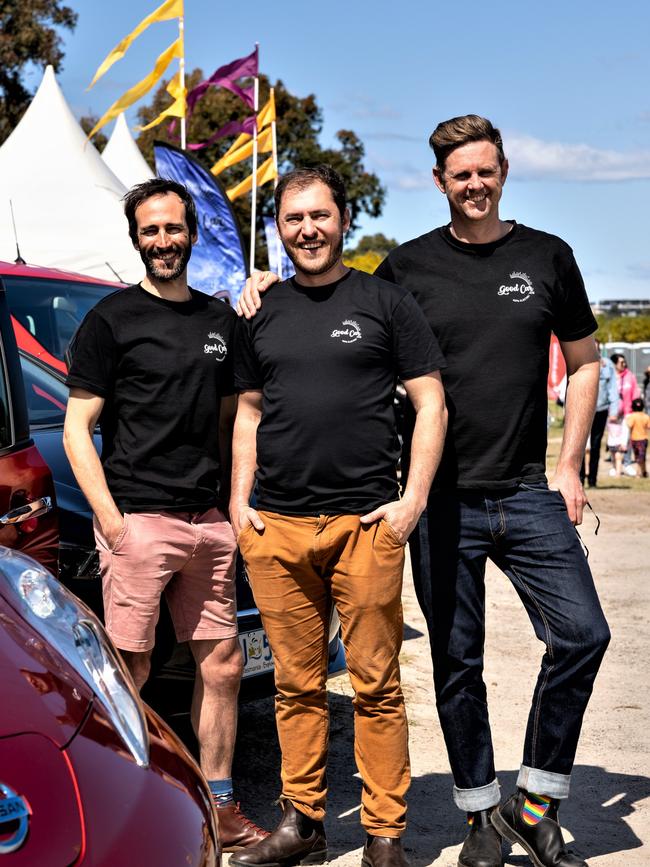
They act as a marketplace for used EVs, facilitate community bulk buys of electric car models not usually available in Australia, offer novated leasing for employees and advocate for greater uptake of EVs, including charging stations.
They have received funding by the Mike Cannon-Brookes backed Boundless Earth and Canva co-founder Cameron Adams and his wife Lisa Miller, and say they have achieved reductions of 3864 tonnes of cumulative CO2 emissions so far.
Anna Tao, Evolve Food Commercial lead
The CSIRO’s Company Creation team built deep-tech startup Evolve Food with the aim to naturally reduce the sugar content of fruit- and vegetable-based products by up to 70 per cent.
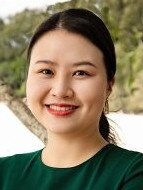
Using technology patented in 2018, Evolve Food is looking to deliver lower sugar fruit juice and lower alcohol wine without compromising on taste.
“We know that people love to enjoy a good glass of wine. But we think they are looking for different options on how they do that,” says Tao.
“It’s not just fruit juice and wine we are looking at. The technology could transform the nutritional profile of a whole range of products, including foods for infants and different condiments.”
Eric Peck and Joshua Tepper, Swoop Aero co-founders
Swoop Aero describes itself as “the only end-to-end drone logistics platform on the planet”.
A lofty claim, but the Melbourne-based business is active in six continents and has delivered more than 1.3 million individual items.
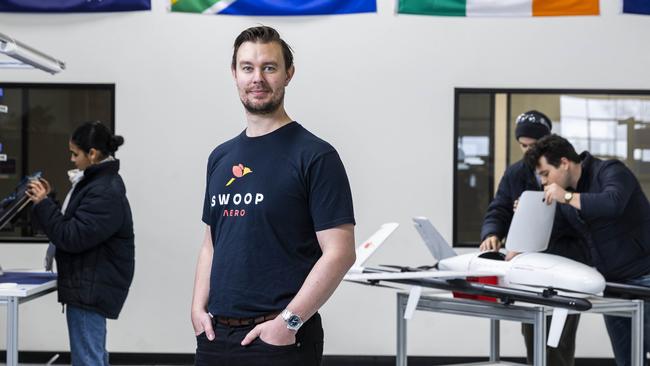
Eric Peck is a former Air Force officer, and saw the need for a logistics system for remote areas where trucks and cars may not reach, particularly in humanitarian applications with emergency and medical equipment.
Swoop Aero craft have delivered vaccines for children living on remote islands in Vanuatu and launched a sustained medical air logistics and disaster relief operation in Malawi with drones piloted from Melbourne.
Dr Farzaneh Ahmadi, Laronix founder and CEO
Biomedical company Laronix has developed the world’s first smart wearable electronic voice prosthesis. Bionic Voice, is a non-invasive wearable system, integrating hardware and software to generate a true voice for laryngectomees.
Founded by Dr Farzaneh Ammadi, Laronix is naturally controlled and uses AI-based voice-cloning technology that learns over time to improve the quality and mirror the sound of the wearer.
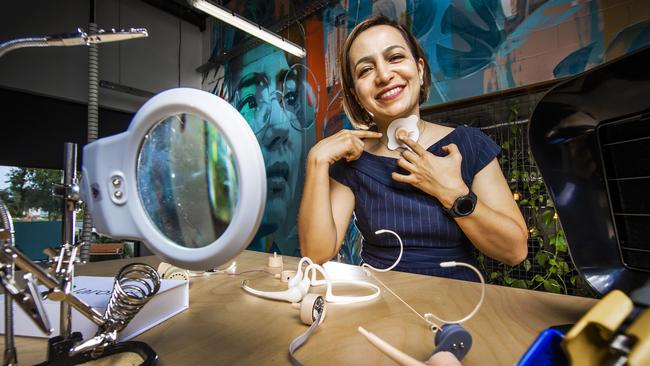
Globally, nearly 185,000 people were diagnosed in 2020 with laryngeal cancer, and Ammadi sees Laronix as a solution for people who have exhausted all other options.
The scientist and entrepreneur first came across the field of voice cloning while completing her PhD, but felt frustrated by having to turn away patients that came to her group seeking practical solutions rather than abstract research.
The result was Laronix, which now has offices in New York and Brisbane.
Richard Li and Athan Didaskalou, July co-founders
In Australia there’s a single luggage brand that has captured the hearts of the nation, nabbed collaborations with major airlines and is actually really rather smart, with an option that comes with an ejectable battery that can charge mobile devices and tablets.
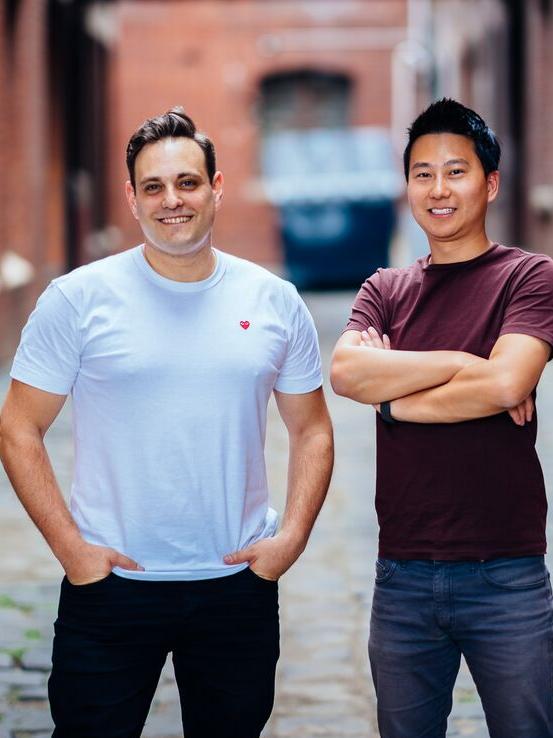
July shot out the door when it entered the market in 2019, having raised millions in capital to expand its product line and make the move to Asia.
The business is the brainchild of Brosa co-founder Richard Li and Three Thousand Thieves boss Athan Didaskalou.
The brand has since expanded – and most likely travelled – to the US, China, Hong Kong, New Zealand and the UK.
Cassie Bell and Steph Skevington, Butter co-founders
Billed as insurance for the things people “actually” care about, the idea for Butter came up one night at a house party in Sydney’s eastern suburbs, when the two women, both former lawyers, were sharing a glass of wine while exchanging recent tragedies.
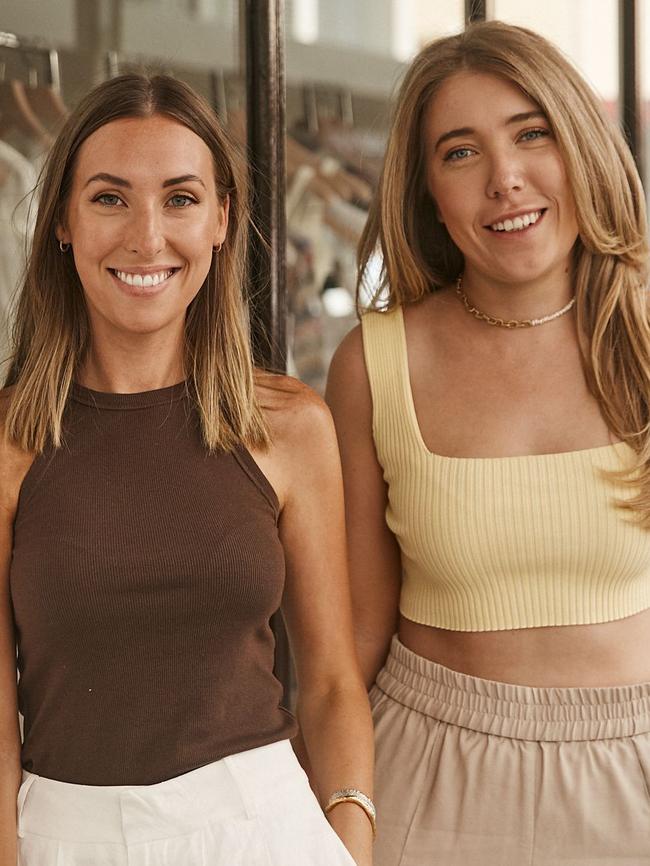
Bell had broken an expensive pair of earrings while Skevington totalled her laptop.
Not long after in 2021, both co-founders quit their roles and launched their product. And in a not so distant future, Butter will find a home in the digital checkout of marketplaces for items worth $300 to $5000.
The pair closed a $1.3m fund raise this year, which also included financial backing from Flying Fox VC and FB10X adVentures.
Marlon Law and Nathan Sampimon, Riparide co-founders
Since launching in 2016, Riparide has delivered more than 100,000 fulfilling moments in nature and is hoping to reach one million by the end of 2024.
The online booking platform is focused on short, nature-centric escapes in NSW and Victoria, with its point of difference being “travel stories” that allow property owners to bring their listings to life via input from storytellers.
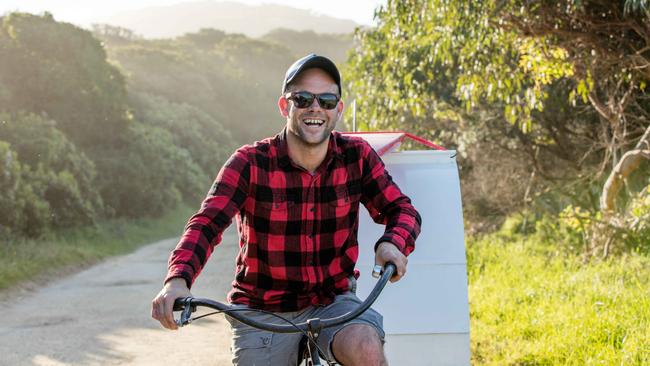
Instead of written descriptions, Riparide’s listings feature stories of how travellers are able use the accommodation they stayed in, such as swimming in local streams or cycling through forests.
The company also uses a unique metric on its bookings – fulfilment – after every Riparide trip, guests are invited to share how fulfilled they felt, with the company using this data to track alignment to its mission.


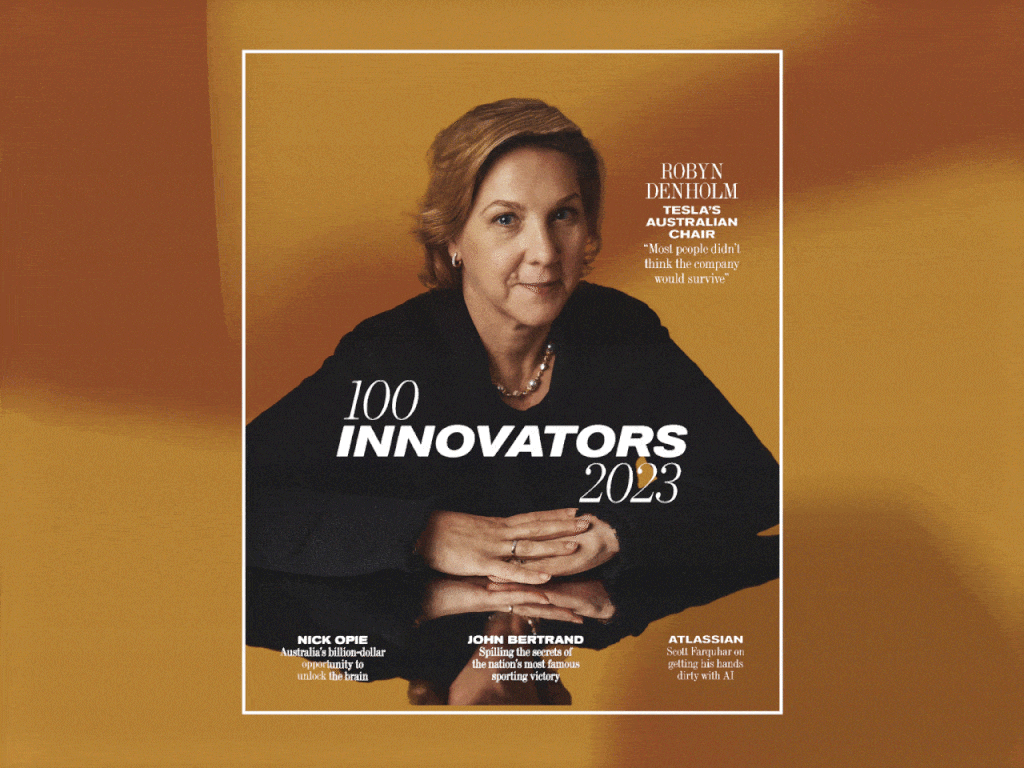


To join the conversation, please log in. Don't have an account? Register
Join the conversation, you are commenting as Logout